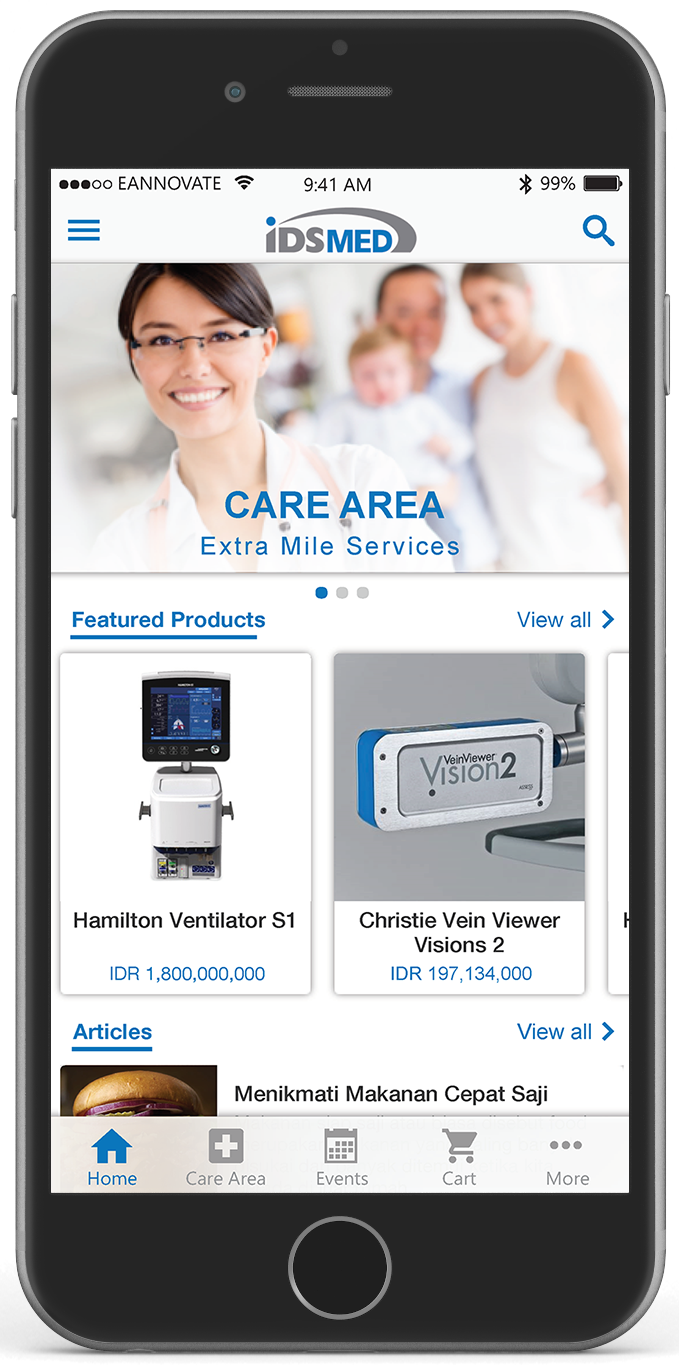The relationship between fruit and health
Fruits are an important source of nutrients like potassium, vitamin C, folic acid, and fiber which are important for our health. Generally, adults should consume 2 to 4 servings of fruits daily. Each serving is about 80 to 120 grams, but the amount varies depending on the type of fruit for sufficient sources of nutrients. Potassium reduces the risk of heart diseases, stroke, kidney stones, and help slow down bone loss, while folic acid is one of the essential nutrients needed to produce red blood cells.
Reasons why excessive fruit consumption is unhealthy
Contrary to the belief that eating lots of fruit is healthy and that it can even be a substitute for vegetables and other nutrients, eating only a fruit diet may cause malnutrition. Fruits lack iron or zinc which are essential minerals in the human diet. An abnormal fruit diet can easily lead to unbalanced nutrition that can cause various forms of stomach discomfort like hyperacidity, acid reflux, abdominal distension, or even diarrhea.
Another caution on eating too much fruit is that it can lead to high blood sugar. A prolonged fruit diet will increase the risk of diabetes.
Diabetics or people with potential blood sugar problems should be especially careful when choosing fruits and eat them in moderation. It is best to consult a nutritionist first and follow the recommended diet.
Here are wise fruit consumption methods:
1. Choose fruits with a low Glycemic Index (GI) value to avoid high blood sugar levels. Avoid fruits like bananas, mangoes, and grapes which have high GI values because they have high sugar content and relatively low fiber content. If you want to lose weight or reduce the risk of diabetes, it is recommended to choose low-GI and low-sugar content fruits like kiwi, guava, and berries.
2. Eat your fruits together with food rich in protein to reduce hunger pangs. Fruits digest easily, making you feel hungry quickly. Therefore, it is recommended to eat fruits together with food that are rich in protein and fat, such as cheese or nuts, to prevent a sudden rise in blood sugar and at the same time give a feeling of fullness that can last longer.
3. Eat fruits in small portions. Apportion your daily recommended servings into containers and store them in the refrigerator. It is convenient to eat your daily portion and this can help you avoid excessive intake.










